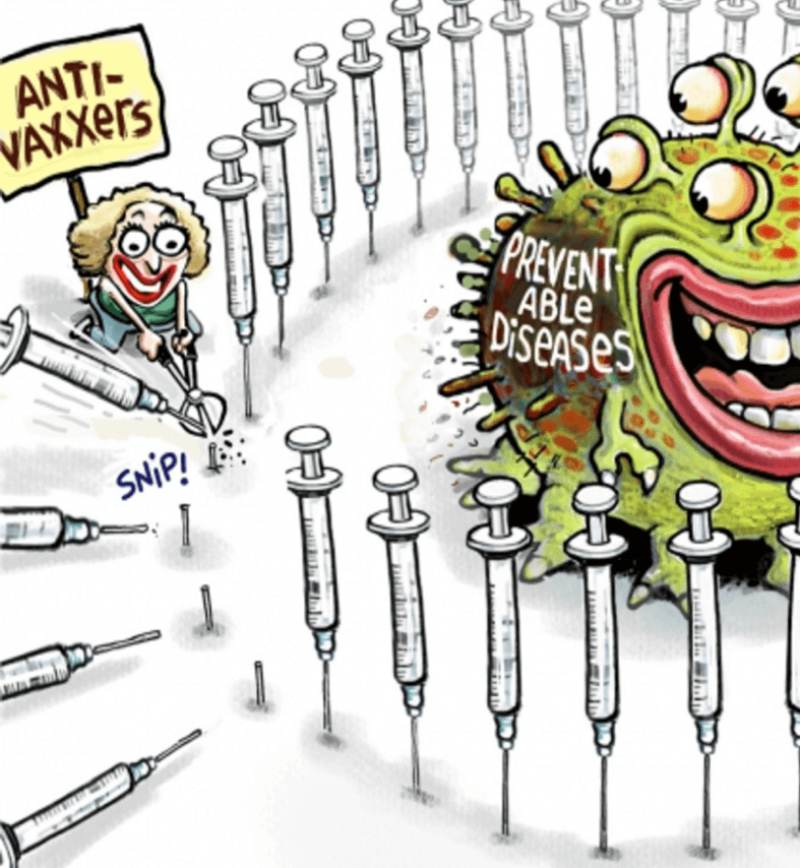Despite ongoing research, much about the [Zika] virus remains a mystery, including many details of how it spreads.
Mosquitoes are the most obvious vector, but as far back as 2011, virologists suspected that Zika might also be transmitted sexually, a hunch that was confirmed [in 2016]. Still, researchers had no idea how easily the virus could be passed through sexual contact.
Now, a pilot study offers new insights about this hard-to-research transmission route, which could potentially spread the virus to new areas. In the study, 12 out of 16 monkeys exposed to Zika through sexual routes tested positive for the virus…Four of the eight monkeys inoculated vaginally became infected (two of each species), while all eight of the individuals inoculated rectally were infected.
…
The new research provides “important proof” that primates can be infected through vaginal and rectal mucous membranes, said Akiko Iwasaki, a professor of immunobiology and molecular, cellular and developmental biology at Yale School of Medicine.
Despite the infections, none of the animals showed symptoms of the disease…[Researchers] conclude that sexual transmission could be a way for the virus to maintain itself in the absence of mosquito transmission, and it might increase the likelihood of Zika spreading into new areas.
The GLP aggregated and excerpted this blog/article to reflect the diversity of news, opinion, and analysis. Read full, original post: Zika May Have a Startlingly High Sexual Transmission Rate































